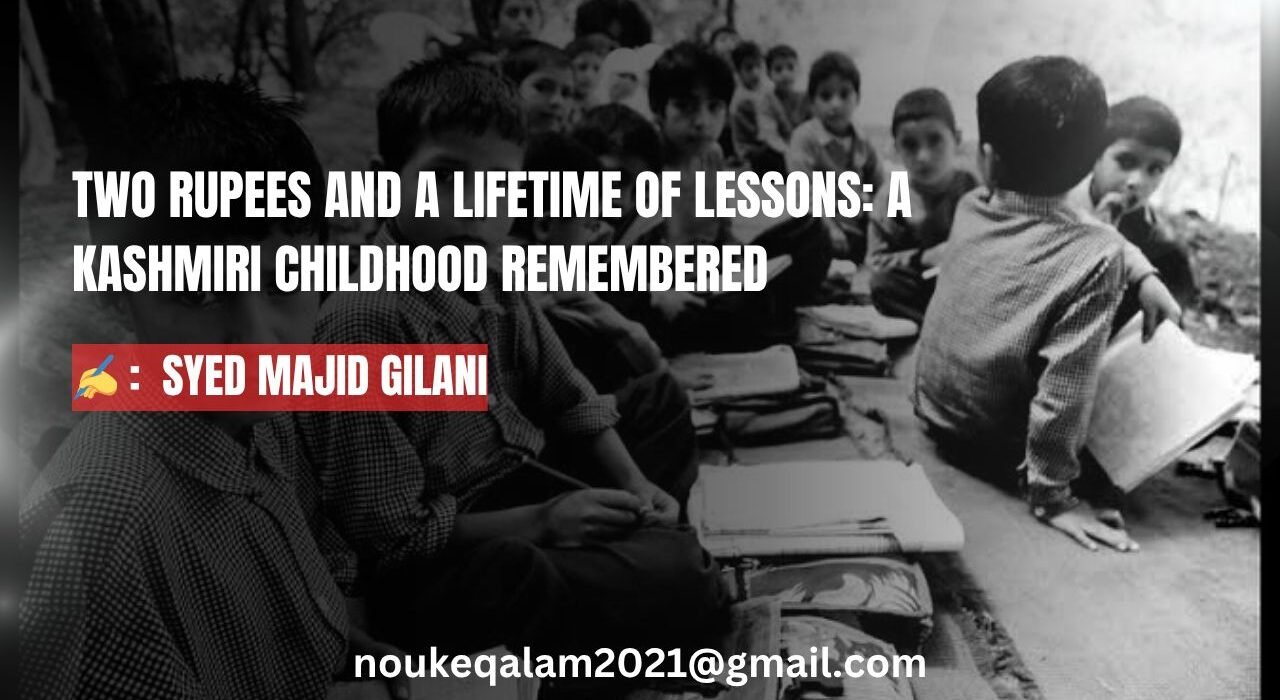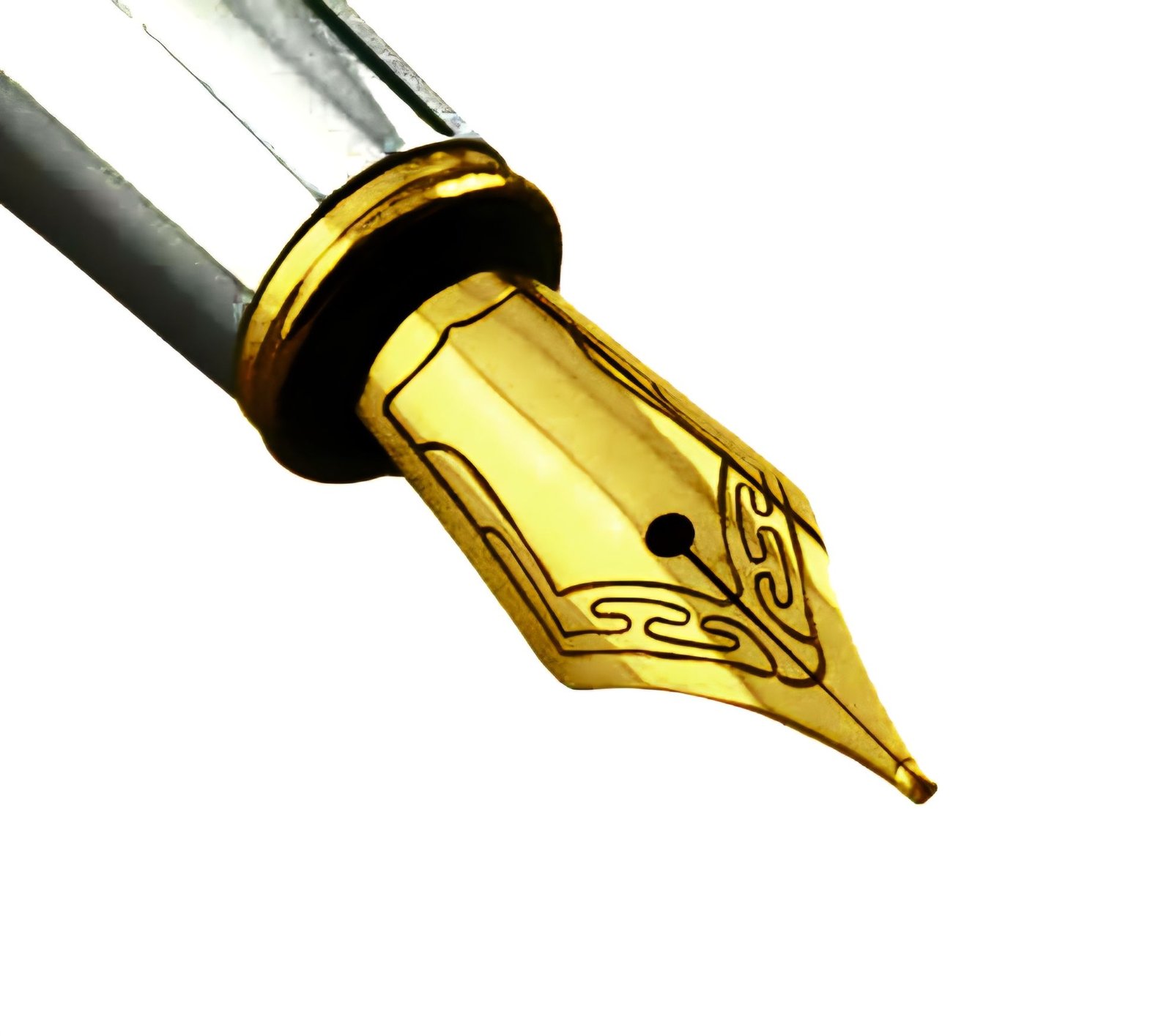Let me take you back—not just in time, but into a world where life was simple, hearts were kind, and schools were places that shaped our minds and our character.
This is not just my story. It belongs to all those children who once wore a school uniform with pride, carried a tiffin box and a water bottle, and walked into classrooms where teachers were more than just teachers — they were like family.
My journey began at Caset Experimental School, Rainawari, founded by the respected C. L. Vishen Sahib. Later, I moved to Greenland High School, Hawal, Srinagar, where I studied from class 1 to class 10. That school was not just a building. It was like a second home. A place full of care, learning, and strong friendships.
In those days, there were no smart boards, no mobile apps, no AC classrooms. Water wasn’t filtered. Benches were plain wooden planks. But we had something far greater — discipline, respect, and truthfulness. School wasn’t just for passing exams. It was for learning how to live a good and honest life.
I still remember my teachers with deep respect. Siraj Sir, Farooq Sir, and Mukhtar Sir taught us maths — each in their own special way. Narinder Sir, our PT teacher, was full of energy. Sushma Ma’am made history feel like a story. Rita Bakaya Ma’am taught science so simply. Rita Chakoo Ma’am taught Hindi and General Knowledge with warmth and care.
There were many other kind-hearted teachers — Jiya Lal Sir, Molvi Sahib, Firdosa Ma’am, Aabida Ma’am, Nighat Ma’am and Naseema Ma’am. Each of them gave us much more than just textbook knowledge. They shaped our thinking, built our character, and touched our hearts in ways we still carry with us today.
Our teachers came from all communities — Muslims, Kashmiri Pandits, and Sikhs. We celebrated Eid, Milad, Nauroz, Shivratri, and Baisakhi together. There were no walls between us — only shared smiles, shared prayers, and shared dreams. It wasn’t religion that joined us. It was our culture, our way of life, our language, love, and above all, our shared sense of humanity.
Our principal, the founder of the school, late Mohammad Ashraf Jan Sahib, came every day in his shining white Fiat car. He had a special charm. Always well-dressed and graceful, he didn’t need to shout to be respected. His presence alone brought calm and discipline. Even the naughtiest student would quietly stand straight when he passed. He wasn’t just a principal — he was a person with wisdom and silent strength.
We respected not only our teachers but also the non-teaching staff. Names like Maqbool Seab Jr., Halima Ji, Kanta ji and Kiran Ji are still fresh in my heart. They weren’t just peons or helpers. They were part of our school family. We greeted them with smiles and spoke to them with respect. No one had to teach us that — we learned it by watching and living it.
Our school bus — a big 52-seater — picked us up from Botshah Colony under a huge Chinar tree and dropped us back home. The conductor was a kind, chubby man we called Maqbool Seab Sr. He kept us in line with his soft scolding and friendly jokes.
Later, when the school opened a small canteen, it was run by Maqbool Seab Jr. A hot cup of tea and a crispy samosa cost just two rupees. Simple, tasty, and full of joy.
Every day, my father gave me a two-rupee note. That was my pocket money — for tea and a samosa, or sometimes an ice cream, or a spicy masala roti sold outside the school gate. That small amount of money meant so much. It showed my father’s trust in me. It taught me how to be happy with little, and how to spend wisely.
Outside the gate, orange ice creams sold for 50 paisa, white khoya bars for one rupee, and the big pista bar — our luxury treat — for two rupees. The spicy masala roti, warm and delicious, cost one rupee and was a favourite on cold afternoons.
We all drank water from the same tap in the schoolyard. No filters — just cold water, shared steel glasses, and good health. We never got sick. Maybe because we trusted life more than we feared germs. We lived freely — and happily.
Discipline came from love and respect — not fear. Teachers did scold us and sometimes lightly tapped our knuckles or backs. But never to insult. We never felt hurt. We knew it came from care, not anger.
Parents never argued with teachers. They trusted them completely. They didn’t run to school over small complaints. They never demanded special favours. That strong bond between home and school made us feel safe and cared for.
Then came the dark days. I was in class 7 when trouble started in the valley. The school bus stopped. We walked long distances, or crowded into the new TATA buses. Strikes, curfews, and fear became normal. But school never stopped. And neither did our dreams.
During lunch breaks, we didn’t scroll through phones. We shared food and stories. At the final bell, we quietly lined up and left school in order. That discipline and unity — I miss it deeply today.
I can still see myself — in grey pants, white shirt, green sweater, white socks, and black polished shoes. Standing proud — not just for the uniform, but for the values stitched into it.
Today, when I see students arguing with teachers, or parents rushing to school over small matters, it hurts me. Something gentle and beautiful has been lost. But I believe we can bring it back — if we share these stories, relive the memories, and bring back that spirit.
I don’t wear that uniform now. I don’t carry a tiffin box or line up for assembly anymore.
But deep inside, I am still that boy. With two rupees in his pocket, a hot samosa in his hand, and a heart full of respect, thankfulness, and joy.
And in those quiet, priceless memories — I still find peace.
Syed Majid Gilani is a government officer by profession and a storyteller by passion. He writes about family, childhood, pain, and the silent struggles of life.
You can reach him at syedmajid6676@gmail.com






